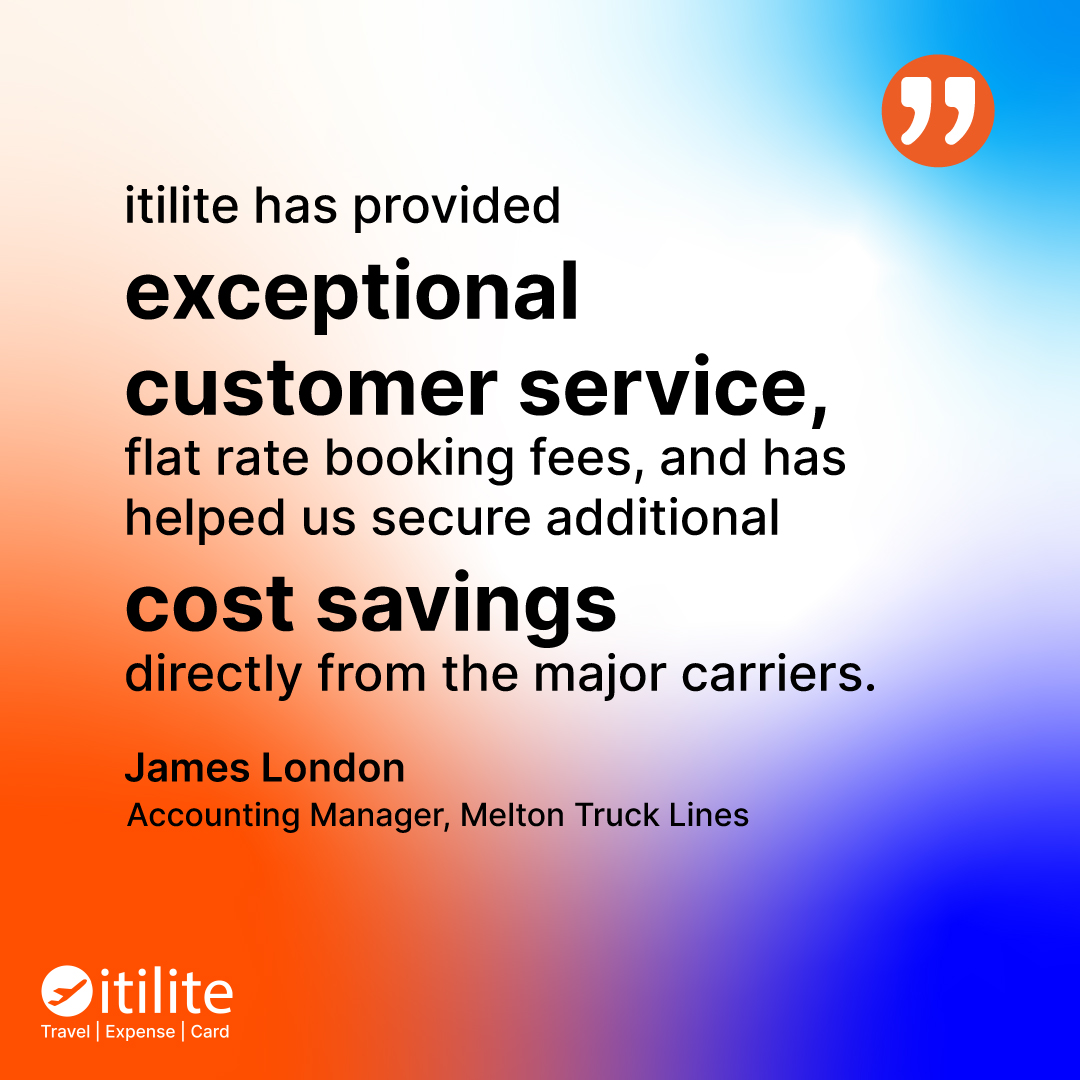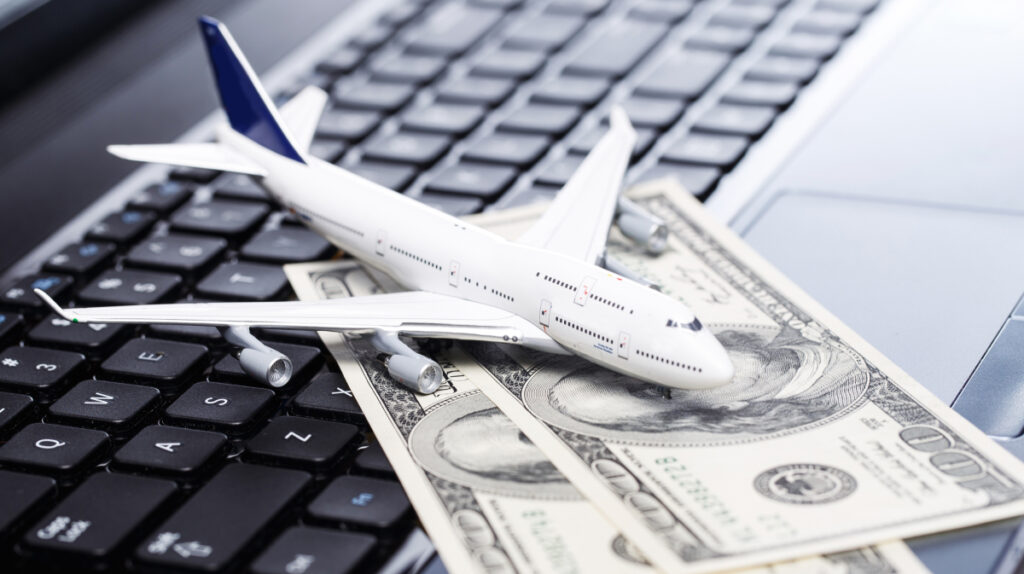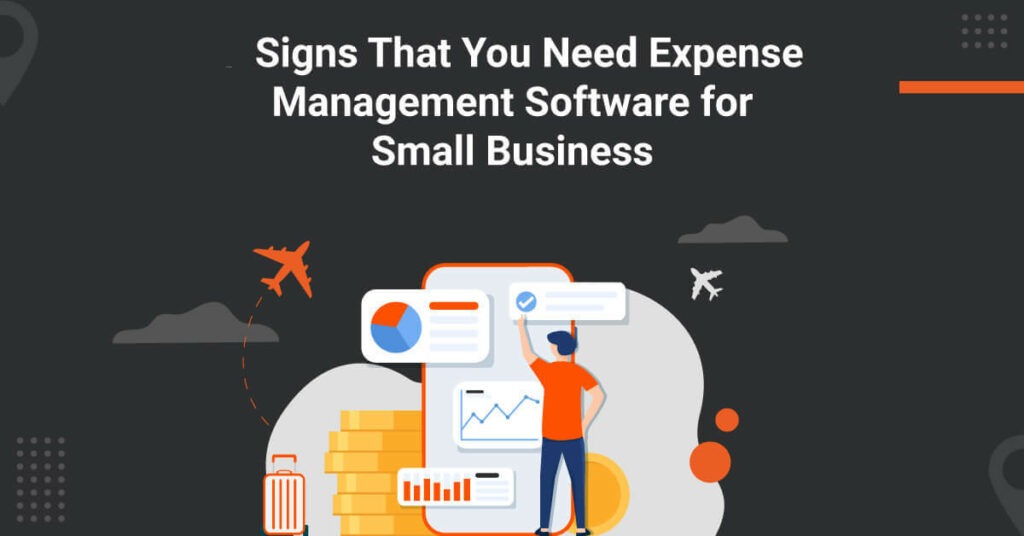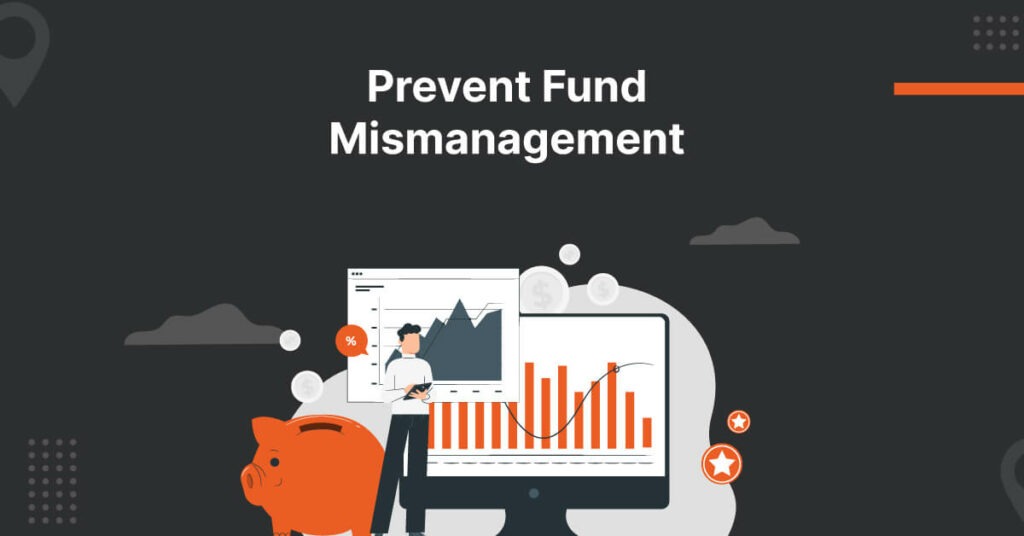
Tracking and recording expenses in accounting is a crucial aspect of managing business finances. Whether you are a small business owner or managing a large enterprise, effectively tracking expenses ensures that your company’s financial health stays intact. This process helps manage cash flow, ensure compliance with tax laws, and make informed business decisions.
Business expenses can range from office supplies to travel costs, and if tracked properly, they can positively impact your profitability. In this blog, we’ll explore the importance of tracking expenses, the different types of expenses in accounting, and the best practices to ensure you stay on top of your business finances.
What is Expense Tracking?
Expense tracking refers to recording and monitoring all money outflows in a business. In accounting, expenses are categorised into various types: operational costs, taxes, interest, or other miscellaneous payments. Expense tracking ensures that every cost incurred by the business is documented and accounted for, allowing financial transparency and precise budgeting.
For businesses, expense tracking involves capturing receipts, invoices, and other proof of transactions, entering them into accounting software or ledgers, and organising them based on categories like travel, payroll, utilities, or office supplies. Modern tools and software have made it much easier to automate the process, reducing the chances of human error.
Importance of Expense Tracking
Expense tracking plays an essential role in accounting for several reasons:
1. Better Financial Management
Accurate expense tracking in accounting helps businesses maintain an up-to-date view of their financial position. Without proper tracking, companies can easily overspend or misallocate resources, leading to cash flow issues or financial discrepancies. By continuously monitoring expenses, business owners can make informed decisions on cost-cutting, resource allocation, and investment opportunities.
2. Tax Compliance
Many business expenses are tax-deductible, but only if they are correctly documented. If businesses fail to keep accurate spending records, they could miss out on potential deductions or even face penalties for non-compliance. Tracking expenses ensures that your company stays compliant with tax laws and can provide evidence of deductible expenses during audits.
3. Budgeting and Forecasting
Having a clear view of past expenses helps businesses create realistic budgets for the future. Knowing where the money goes allows companies to make accurate financial forecasts and allocate resources accordingly. Properly tracked expenses enable firms to compare actual spending against budgeted amounts and adjust their plans if necessary.
4. Informed Decision Making
Business leaders can make data-driven decisions when all expenses are recorded and analysed. Whether deciding to cut down on certain expenditures in accounting or finding areas where investment is necessary, expense tracking provides insights to optimise business operations.
5. Preventing Fraud and Mismanagement
By tracking expenses diligently, businesses reduce the likelihood of internal fraud or misuse of company resources. Automated systems with expense tracking tools often have built-in controls that can flag suspicious or unauthorised spending, further protecting the company’s financial integrity.
Types of Expenses in Accounting
Expenses in accounting are broadly categorised to organise better and understand where a business’s money is being spent. Understanding the different types of expenses in accounting is vital for effective expense management.
1. Operating Expenses
Operating expenses are costs incurred by a company during its day-to-day business operations. They include rent, utilities, payroll, and other administrative costs. Operating expenses are usually the largest category of business expenses.
2. Capital Expenses
Capital expenses are costs incurred to acquire or upgrade physical assets like property, machinery, or equipment. These expenses are typically long-term investments recorded differently in accounting, as they are depreciated over time.
3. Direct and Indirect Expenses
Direct expenses are tied directly to producing goods or services, such as raw materials or wages for factory workers. Indirect expenses, on the other hand, are not directly linked to production but are necessary for running the business, such as office rent or utilities.
4. Fixed and Variable Expenses
Fixed expenses remain constant over time, regardless of business performance. Examples include rent or salaries. Variable expenses fluctuate based on business activity, such as costs of raw materials or sales commissions.
5. Prepaid and Accrued Expenses
Prepaid expenses refer to payments made in advance for services or goods that will be provided later, like insurance premiums. On the other hand, accrued expenses are costs that have been incurred but are yet to be paid, such as utility bills at the close of a billing period.
8 Effective Ways to Track and Record Expenses in Accounting
Expense tracking can initially seem daunting, but modern techniques and technologies can simplify the process. Below are some practical ways to track business expenses:
1. Use Accounting Software
One of the most efficient ways to track expenses is to use accounting software that automates the tracking process. Tools like QuickBooks, FreshBooks, or itilite allow businesses to record costs, organise receipts, and generate reports quickly. These platforms also integrate with other financial systems, ensuring seamless management of income and expenses in accounting.
2. Keep Receipts Organised
Receipts are essential records for business expenses. It’s critical to keep them organised, whether in physical or digital form. Many businesses use apps or cloud-based solutions to capture and store receipts. Some accounting platforms even allow users to scan and upload receipts directly into the system, linking them to specific expense entries.
3. Categorise Expenses
To ensure a clear view of where money is spent, categorise expenses into payroll, office supplies, travel, etc. This simplifies tracking and makes it easier to identify where cost-cutting measures can be applied. Proper categorisation also ensures compliance with tax regulations, as certain types of expenses in accounting may qualify for deductions.
4. Use Expense Management Software
An expense management tool goes beyond basic accounting software by providing features tailored to tracking and controlling spending. For example, the expense management system of itilite allows users to automatically track travel-related expenses, link transactions to company policies, and set budgets, ensuring efficient management of business finances.
5. Track Expenses in Real-Time
Delaying the recording of expenses often leads to mistakes or oversights. You can maintain an accurate financial overview by tracking expenses in real-time. Many businesses use apps that allow employees to report the costs as soon as they are incurred, ensuring timely recording and avoiding the loss of receipts or important documents.
6. Set Spending Limits and Budgets
Setting expense limits or budgets for different departments or projects helps ensure that businesses do not overspend. Many accounting software solutions allow budget tracking alerting when spending approaches or exceeds the set limits. This helps control unnecessary expenditures and improves the company’s bottom line.
7. Conduct Regular Audits
Regularly auditing your expense records ensures that all spending is legitimate and accurately recorded. Audits can help identify discrepancies, unauthorised spending, or fraud and ensure that expenses align with your company’s financial policies. Performing internal audits quarterly can safeguard against potential financial problems.
8. Use a Business Credit Card
Business credit cards help track expenses easily because most credit card issuers provide detailed statements that can be imported directly into accounting software. Business credit cards also offer perks like cashback or travel rewards, which can further benefit the company.
Leverage itilite for Seamless Expense Management
Tracking and recording expenses in accounting is vital for any business to maintain financial control and ensure profitability. Automating this process can significantly reduce the risk of errors, improve cash flow management, and keep your company compliant with tax regulations.
If you’re looking for a powerful tool to help manage your business expenses efficiently, the itilite app is a top choice. itilite offers a comprehensive expense management platform that allows businesses to streamline the expense reporting process. It also enforces compliance with company policies and provides real-time visibility into spending patterns. Its mobile-first approach ensures that employees can capture and submit expenses on the go while managers can review and approve them promptly.
Schedule a free demo to know more about itilite.
















